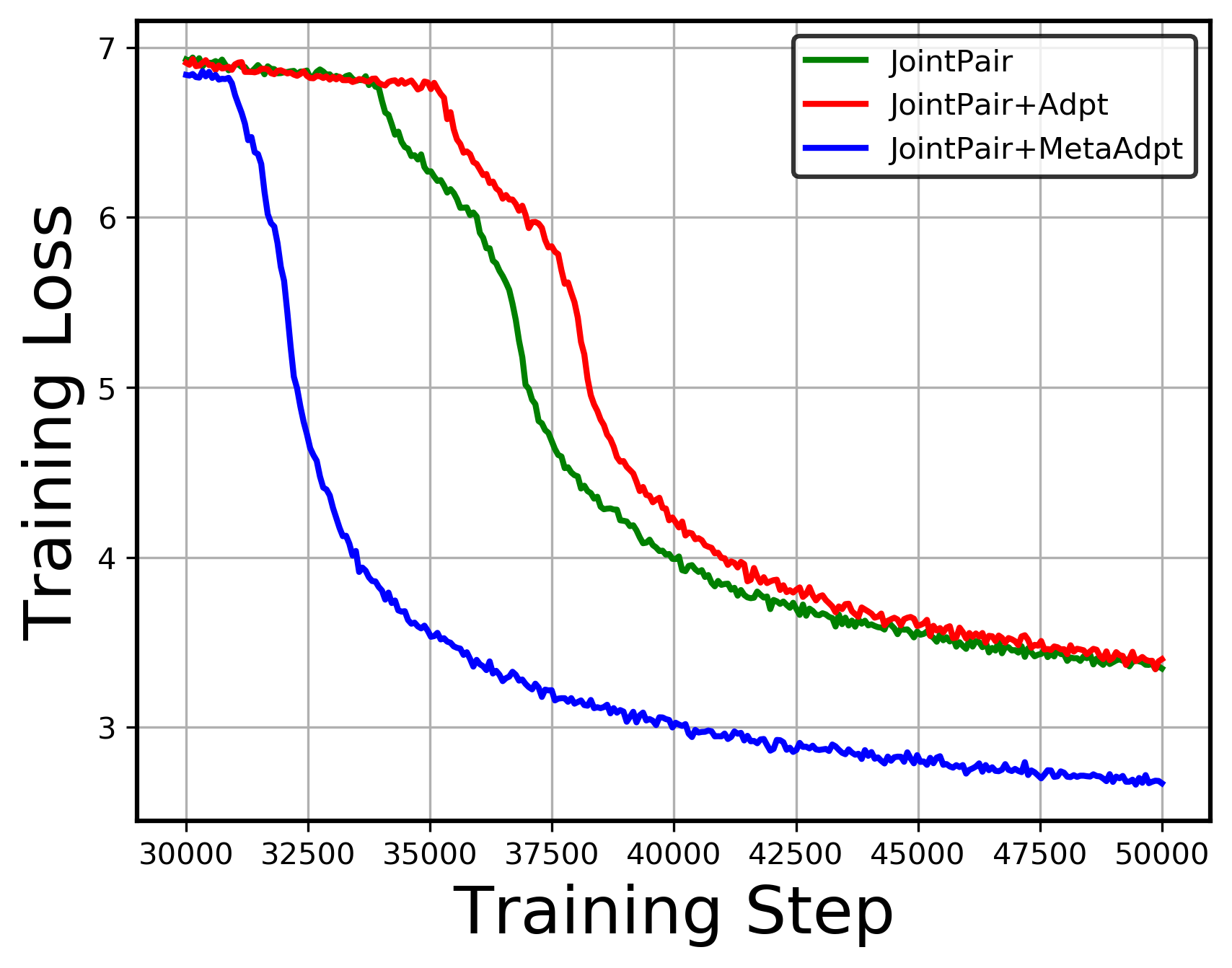Improving Multilingual Models with Language-Clustered Vocabularies
Hyung Won Chung, Dan Garrette, Kiat Chuan Tan, Jason Riesa
Machine Translation and Multilinguality Short Paper

You can open the pre-recorded video in a separate window.
Abstract:
State-of-the-art multilingual models depend on vocabularies that cover all of the languages the model will expect to see at inference time, but the standard methods for generating those vocabularies are not ideal for massively multilingual applications. In this work, we introduce a novel procedure for multilingual vocabulary generation that combines the separately trained vocabularies of several automatically derived language clusters, thus balancing the trade-off between cross-lingual subword sharing and language-specific vocabularies. Our experiments show improvements across languages on key multilingual benchmark tasks TyDi QA (+2.9 F1), XNLI (+2.1%), and WikiAnn NER (+2.8 F1) and factor of 8 reduction in out-of-vocabulary rate, all without increasing the size of the model or data.
NOTE: Video may display a random order of authors.
Correct author list is at the top of this page.
Connected Papers in EMNLP2020
Similar Papers
Reusing a Pretrained Language Model on Languages with Limited Corpora for Unsupervised NMT
Alexandra Chronopoulou, Dario Stojanovski, Alexander Fraser,

XL-WiC: A Multilingual Benchmark for Evaluating Semantic Contextualization
Alessandro Raganato, Tommaso Pasini, Jose Camacho-Collados, Mohammad Taher Pilehvar,

On Negative Interference in Multilingual Models: Findings and A Meta-Learning Treatment
Zirui Wang, Zachary C. Lipton, Yulia Tsvetkov,

A Simple Approach to Learning Unsupervised Multilingual Embeddings
Pratik Jawanpuria, Mayank Meghwanshi, Bamdev Mishra,
